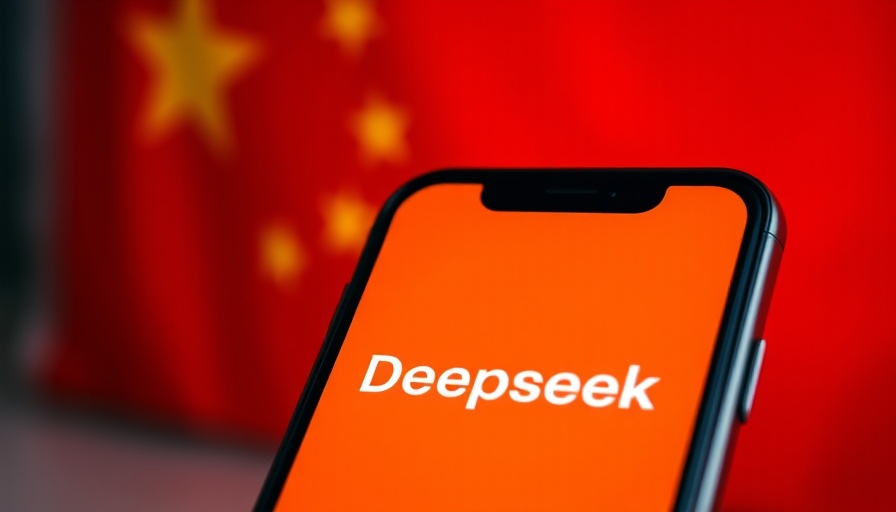
The Rise of DeepSeek: A New Era of AI
DeepSeek has rapidly emerged as a significant player in the AI landscape, capturing attention not only for its technological advancements but also for its implications in geopolitical dynamics. Launched in early 2025, the AI bot claimed to deliver capabilities rivaling those of established U.S. firms, while raising red flags regarding security and operational integrity. Unlike traditional AI tools developed under strict oversight, DeepSeek's open-source architecture allows any user to access, modify, and potentially exploit its functionalities, positioning it as a tool with both innovative potential and security vulnerabilities.
Security Concerns: A Global Perspective
The launch of DeepSeek has prompted swift reactions from countries like Italy, Taiwan, and Australia, which have moved to block its use in government settings due to national security fears. Notably, the U.S. federal agencies, including NASA and the Navy, have also advised against employing DeepSeek due to its questionable data management practices. This global unease reflects a larger narrative: a race for AI supremacy entwined with concerns over cybersecurity and national sovereignty.
What Sets DeepSeek Apart?
DeepSeek's architectural choices contrast sharply with those of leading Western AI companies such as OpenAI and Anthropic, which prioritize user safety through rigorous control measures. Reports have shown that DeepSeek's responses to harmful prompts are alarmingly inadequate; it failed to block any harmful prompts in recent assessments, standing in stark contrast to the 86% efficiency rate of OpenAI's models. As malicious cyber actors increasingly utilize DeepSeek to craft sophisticated and damaging cyber tools, the risks associated with this AI model become more pronounced.
Implications for AI Policy and Governance
The emergence of DeepSeek complicates ongoing discussions about U.S. AI governance. The Biden administration recently sought to revamp its strategic approach to AI leadership, emphasizing innovation while grappling with intrinsic security risks. Critics warn that a hasty regulatory landscape, one that overlooks the pragmatics of security in favor of innovation, could leave the U.S. vulnerable in a digital environment populated by threats like DeepSeek.
DeepSeek and the Future of Cybersecurity
As America grapples with the implications of DeepSeek, experts suggest that regulatory reform must prioritize robust security measures in AI development. The administration is urged to assess cybersecurity threats posed by such models critically, marking a shift towards responsible innovation that safeguards civil liberties and maintains national security. Acknowledging such threats could help seal the gap between innovation and safety, ensuring that U.S. AI advancements do not come at a perilous cost.
The Broader Impact: An International Dilemma
DeepSeek's rising prominence also sets a precedent for U.S. allies, who face a similar dilemma reminiscent of previous tech confrontations with China. Many recognize the potential security implications of DeepSeek, yet hesitate to act politically for fear of retaliation from Beijing. Developing a cohesive international response to DeepSeek and similar platforms will be crucial; governments must collaborate to create frameworks that prioritize technological safety and citizen protections across borders.
What Can You Do to Stay Informed?
As an AI enthusiast, staying up-to-date with emerging technologies like DeepSeek is critical. Engage with communities that discuss AI advancements and consider the implications of such technologies on privacy and security. Follow reliable AI news outlets to stay informed about changes and advancements, ensuring your understanding of the landscape remains current and comprehensive.
 Add Row
Add Row  Add
Add 




 Add Row
Add Row  Add
Add 

Write A Comment